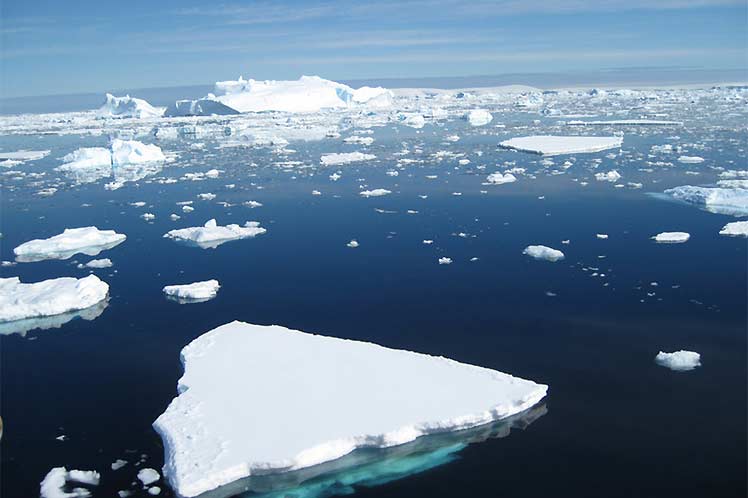The team will collect data on the virtual presence of H5N1 virus strains in migratory birds and other local species and their possible transmission to humans.
“Given the unique conditions of the southernmost continent, understanding the dynamics of zoonotic diseases in this region has become imperative,” expedition members said.
The head of the scientific department of the Chilean Antarctic Institute, Marcelo González, explained that since the first reports of bird flu in Chile and, in particular, in the Magallanes region, located in the extreme south, a prevention protocol began to be implemented.
In addition, a group of experts was formed to plan actions in the field, considering summer.
“Antarctica is a unique and sensitive ecosystem, and having excellent research teams will not only allow us to understand the possible presence of bird flu in the area, but also to evaluate how changes in the environment can influence the spread of diseases,” Dr. Elie Poulin said.
jrr/arm/mem/car










